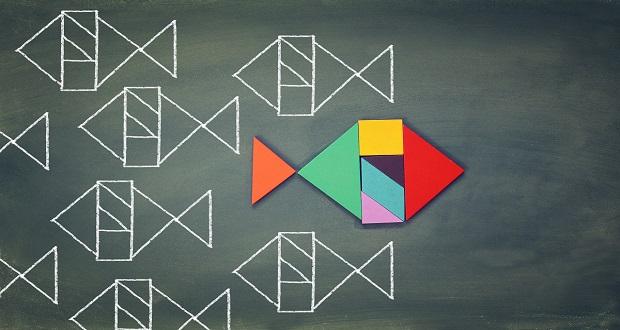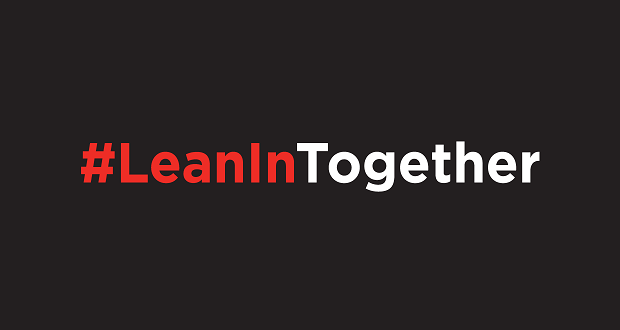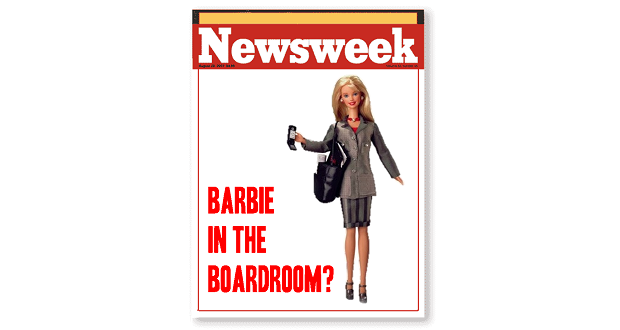
Earlier this month, I had the opportunity to attend my first Forum on Workplace Inclusion in Minneapolis, Minnesota. Hosted each year by the University of St. Thomas, the Forum serves as a hub for professional development, networking, learning, and collaboration for diversity and inclusion practitioners worldwide, helping to advance diversity, equity, and inclusion (DEI) in today’s workplace.
This year’s conference, themed “Power the Future”, focused on emerging trends in DEI and the social, political, and cultural influences and forces currently shaping today’s workforce and workplace. Now more than ever before, organizations and their leaders are expected to respond to issues and concerns that have traditionally been viewed as “outside” the workplace, including systemic inequities and barriers. Organizations can no longer afford to function in a vacuum without taking into account the lived experiences of all of their employees.
As a first-time participant in the Forum, I wasn’t sure what to expect from the conference. I knew that I would be able to connect with other practitioners in my field, learn about next and best practices, and perhaps even take some tools back to my organization. What I received, however, was much more. Not only were the sessions I attended at the conference an affirmation of my own experiences and challenges, but they also served as important reminders of the importance of self-awareness and introspection (as well as advocacy for others) in my work as a practitioner.
During one of my first sessions at the Forum, I participated in a conversation with The Winters Group, Inc. on “Staying Woke”. During the session, Brittany J. Harris, (VP, Innovation & Learning, The Winters Group, Inc.) shared a quote that stuck with me throughout the rest of the conference:
“We want everyone to bring their full selves to work – but there are implications”.
In all of our efforts to embrace diversity within our workplaces, without a focus on both equity and inclusion, we will continue to perpetuate the dominant narrative as the only narrative – potentially overlooking the thoughts, perspectives, and talents of those who fall outside of the dominant group (see last week’s feature post on the group level of systems for more on this dynamic).
While diversity, inclusion, and equity are often used interchangeably, equity focuses specifically on the creation of opportunities for members of groups that have historically been underrepresented and underserved. Without equity, can there be true inclusion?
Without equity, can there be true inclusion? Click To TweetThe addition of the concept of equity into the diversity and inclusion framework underscores the need to more closely examine the underpinnings of social justice within existing policies, practices, and systems in the workplace. Acknowledging the history and impact of systemic privilege and “isms” such as racism, sexism, ableism, classism, and ageism is an important first step in the conversation of understanding how and why inequities continue to persist in our workplaces and communities.
For D&I practitioners, this means showing up to talk about the tough issues. We must become “disruptors” of traditional diversity and inclusion efforts that focus only on the surface level and neglect to dig deeper into the “why” behind bias, privilege, and institutional barriers. Focusing on diversity, equity, and inclusion (DEI) ensures that we recognize the challenges that are unique to individuals and groups in our communities, providing a more holistic approach to our diversity and inclusion efforts.
How do we 'disrupt' the D&I space? #DEI Click To Tweet

















